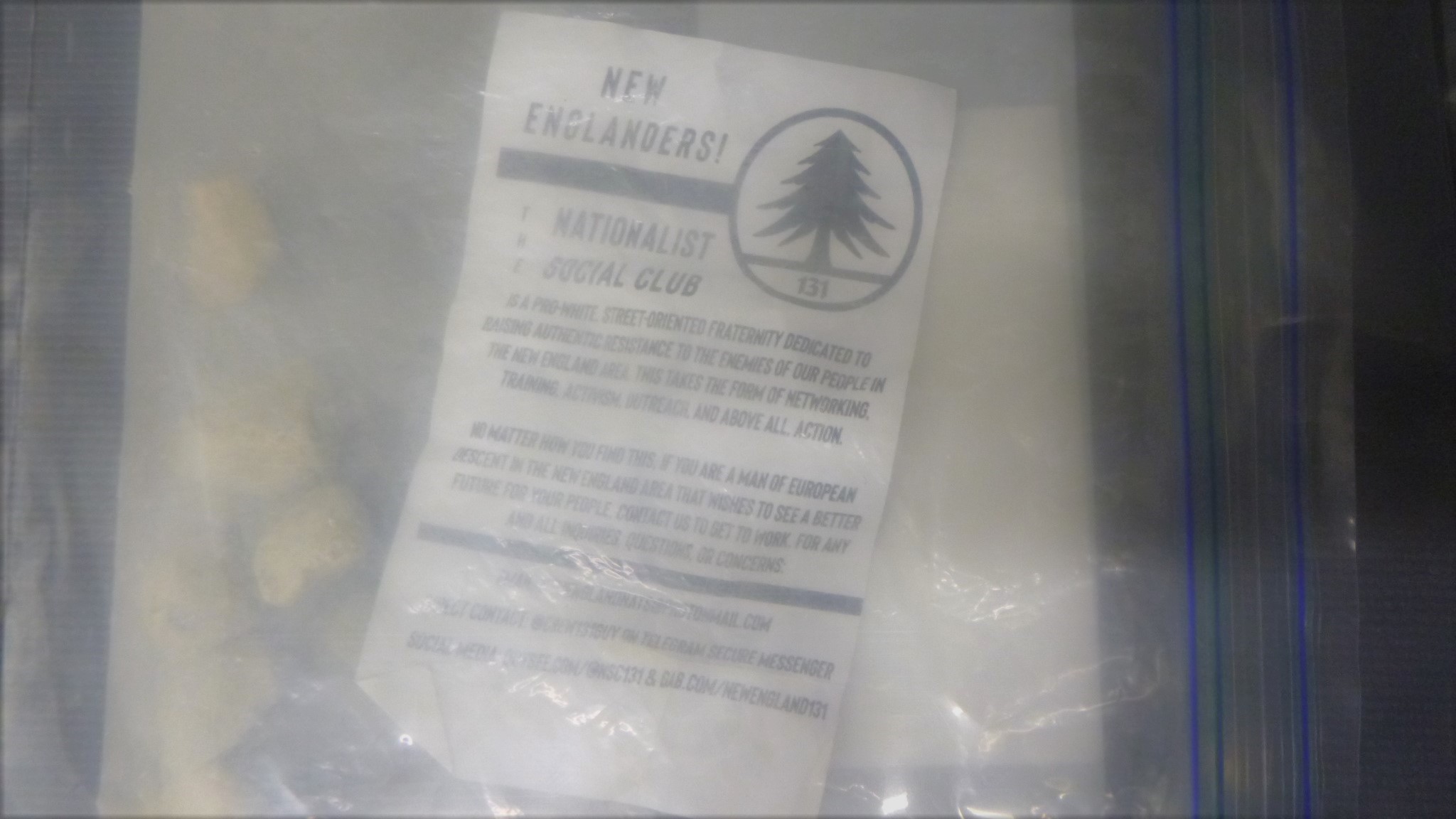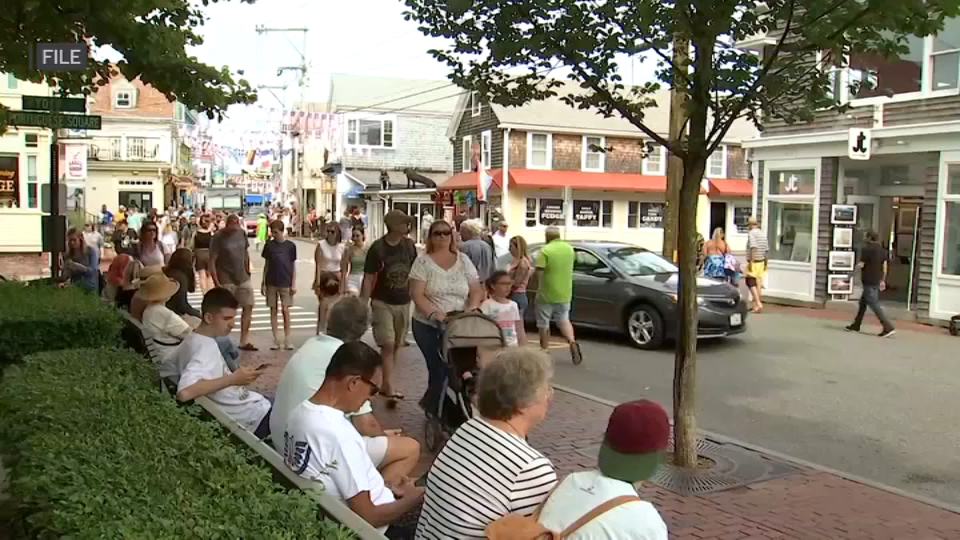A potentially deadly red tide has swept across the North Shore of Massachusetts, prompting state officials to enact a temporary ban on shellfish harvesting and triggering a clam shortage as the summer demand for seafood surges.
Red tide, which isn't uncommon in New England, comes from neurotoxins produced by microscopic algae. The phenomenon, also known as paralytic shellfish poisoning, can cause serious illness and death in humans.
"It is harmful to people's health, it can be fatal for certain people," said Gloucester Shellfish Warden Peter Seminara. "This is extremely dangerous to people who are elderly … young children and anyone immunocompromised."
He said swimming at public beaches remains safe, despite the elevated toxin levels.
Get Boston local news, weather forecasts, lifestyle and entertainment stories to your inbox. Sign up for NBC Boston’s newsletters.
The ban on shellfish harvesting across the North Shore and throughout the state's eastern coastline is forcing local restaurant owners to buy clams elsewhere at a steep markup.
"We follow the tides online, and my provider said, 'No more local clams.' So, we're going to get the Maine clams," said Hudson Carter, whose family runs The Cupboard of Gloucester, near Cressy Beach.
"Everything's on market price, so when it goes up, we charge more for them," he explained. "We just charge the customer more. It's not a very profitable item."
Officials will test the water toxin levels again on Tuesday, but they don't expect much to change.
"The weather conditions are prime for this to linger," said Seminara. "We're looking at at least three weeks closure, if not longer."



